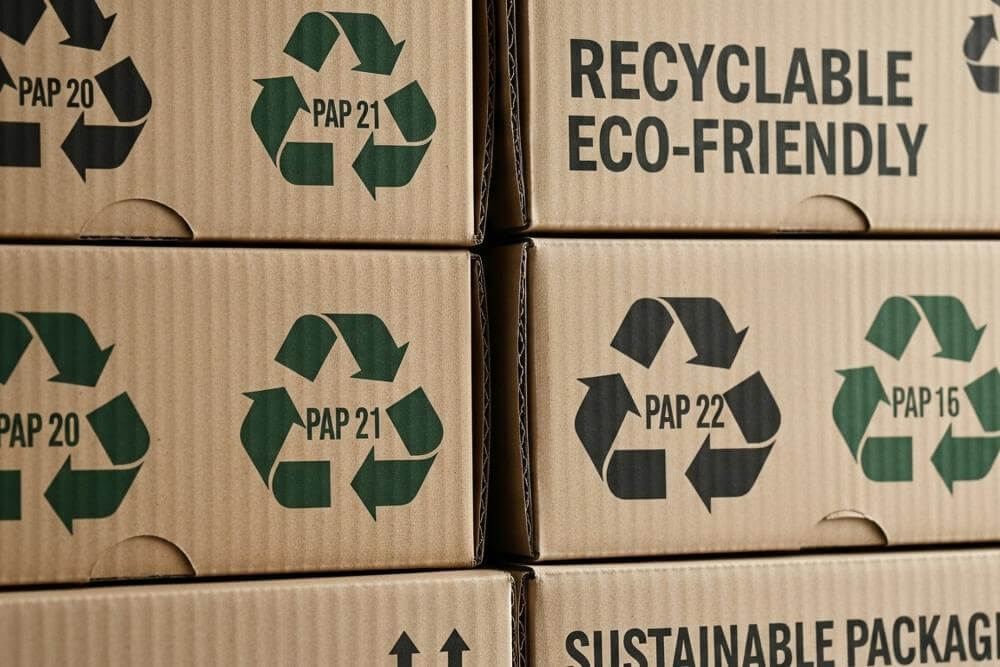
This will include reporting on global Scope 1, Scope 2, and all relevant Scope 3 greenhouse gas emissions, and this shift marks a significant expansion of current sustainability requirements and will impact thousands of suppliers across the healthcare supply chain.
If your organisation supplies the NHS with goods such as food and beverages, medical devices, consumables, or services like catering, logistics, or maintenance, this upcoming change will directly affect your contracts and tendering opportunities.
As a supplier, the new CRP requirements mean that you must go beyond direct emissions (Scope 1 and 2) and report on indirect emissions (Scope 3), many of which lie outside your immediate operations but are still part of your value chain. For food, medical, and service suppliers, this includes:
- Purchased Goods and Services Emissions from the production, transportation, and processing of food ingredients, packaging materials, or medical products.
- Capital Goods Emissions associated with the buildings, machinery, or catering equipment used in production or service delivery.
- Fuel and Energy Related Activities Indirect emissions from fuel production and electricity transmission losses.
- Upstream Transportation and Distribution Emissions from third-party logistics providers delivering your products to NHS facilities.
- Waste Generated in Operations Waste disposal from kitchens, warehouses, or service sites, including food waste and medical packaging.
- Business Travel & Employee Commuting Travel-related emissions from service engineers, delivery staff, or field teams.
- Upstream Leased Assets Leased vehicles, storage units, or processing facilities used in NHS supply contracts.
The NHS is the world’s first healthcare system to commit to reaching net zero. As such, it is using its purchasing power to drive change across its supply chain.
Since April 2024 all NHS tenders have required a basic CRP for contracts above £5 million. By 2027, this threshold disappears, and all suppliers will need to comply, regardless of contract size.
Failure to comply could mean exclusion from NHS procurement frameworks and lost revenue opportunities.
Suppliers that take early action will not only future-proof their organisations, but also stand out in a competitive market which is becoming increasingly focused on sustainability.
Now is the time to build or refine your sustainability strategy. Key steps include:
- Begin measuring emissions across all three scopes, using recognised standards like the GHG Protocol.
- Engage your supply chain to gather data and identify carbon hotspots.
- Develop a detailed Carbon Reduction Plan with measurable targets and timelines.
- Explore mitigation strategies such as energy efficiency, low-carbon logistics, and waste reduction.
If you already supply the NHS with food, medical products, or services, these steps are not optional, they are becoming essential for continued partnership.
Preparing for NHS carbon reporting requirements can feel complex, especially when dealing with indirect emissions. We have a track record of supporting organisations like yours to develop practical, compliant CRPs that align with NHS expectations and support broader ESG goals.
In order to report in 2027, suppliers will have comprehensive data collection requirements from 2026. Our experience at Carbon Sense shows it takes time to put systems and processes in place to collect this data accurately.
Get in touch to put your organisation in the best possible place to meet the future NHS sustainability requirements.

Developing an EPD can ensure you meet tender requirements, as well as providing an opportunity to understand and reduce the true environmental impact of your products.

Understanding the Transition from SECR to UK SRS. The UK government is replacing the current Streamlined Energy and Carbon Reporting (SECR) framework with the more comprehensive UK Sustainability Reporting Standards (UK SRS).

As part of its Net Zero Supplier Roadmap, the NHS has announced that by April 2027, all suppliers, including those providing food, medical products, and services, will be required to submit a comprehensive Carbon Reduction Plan (CRP).

Carbon Sense is your expert partner in carbon reduction. We support UK organisations to understand, measure, and reduce their carbon footprint, save energy, and make sense of sustainability. With a practical, no-nonsense approach, we help you achieve Net Zero goals while protecting your bottom line.

"We are excited to support the awards this year and are honoured to sponsor the Carbon Positive category. At this crucial time, carbon mitigation and an embedded strategy to achieve Net Zero are vital to avoid further climate change catastrophes".

In a world increasingly focused on sustainability, Carbon Literacy has emerged as an essential tool for businesses seeking to reduce their environmental impact. Carbon Sense understands the value and benefits of Carbon Literacy Training whether for a team within your business, or for your entire organisation.

A carbon reduction or decarbonisation plan is a set of strategies and actions that an organisation, community, or government implements to reduce its carbon footprint and mitigate the effects of climate change.

Carbon credits, and their differences, is a frequent topic of discussion. When developing a sustainability strategy or communicating about sustainability, its essential for businesses to understand these differences

Pathway to Net Zero, launched in November 2023 is a fully funded support programme helping businesses adopt more environmentally conscious processes and move towards becoming Net Zero.

The future still remains uncertain so considering options to reduce energy consumption to rely less on the grid is becoming more and more necessary.

Climate change has become a key issue for us all. With scientific reports being released every day, we now know more about the changes that are happening to the Earth’s systems.

The impact of the industrial revolution has created a climate where pretty much all our activities have an impact on the environment.

By reducing your organisation’s carbon footprint you can reduce your impact on the environment and resources.

There is a wealth of research being undertaken by the leading academics studying climate change and assessing how we can build climate resilience and reduce risk.

It is important to get good advice to ensure that you avoid the common pitfalls and have a plan that works for you and achieves genuine environmental benefits.